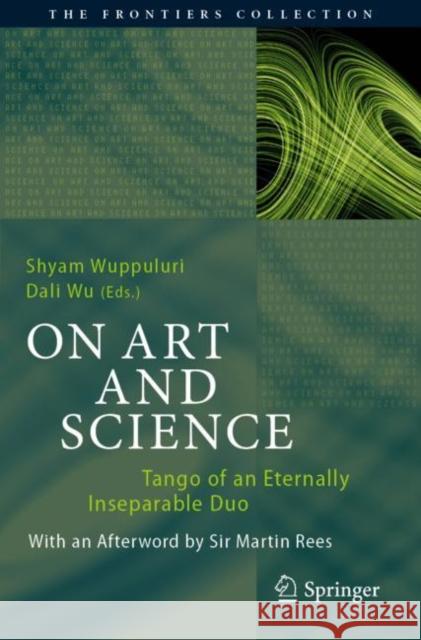On Art and Science: Tango of an Eternally Inseparable Duo » książka
topmenu
On Art and Science: Tango of an Eternally Inseparable Duo
ISBN-13: 9783030275792 / Angielski / Miękka / 2020 / 353 str.
On Art and Science: Tango of an Eternally Inseparable Duo
ISBN-13: 9783030275792 / Angielski / Miękka / 2020 / 353 str.
cena 229,43
(netto: 218,50 VAT: 5%)
Najniższa cena z 30 dni: 219,73
(netto: 218,50 VAT: 5%)
Najniższa cena z 30 dni: 219,73
Termin realizacji zamówienia:
ok. 16-18 dni roboczych.
ok. 16-18 dni roboczych.
Darmowa dostawa!
Kategorie BISAC:
Wydawca:
Springer
Seria wydawnicza:
Język:
Angielski
ISBN-13:
9783030275792
Rok wydania:
2020
Wydanie:
2019
Numer serii:
000308052
Ilość stron:
353
Oprawa:
Miękka
Wolumenów:
01











